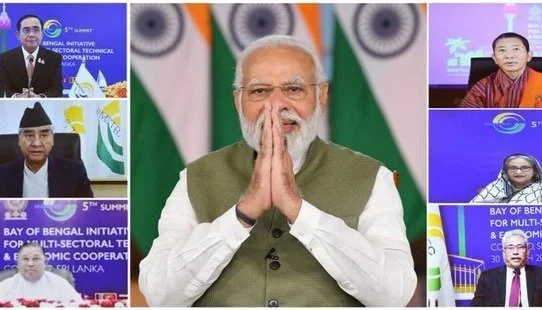Written by Perle Petit
By asserting its autonomy and crafting an alternative narrative about possible relations with China, particularly against the EU’s attempts at creating a unified foreign policy stance, Hungary has positioned itself as a ‘Trojan horse’ for Beijing to embed itself in the EU.
Read More















